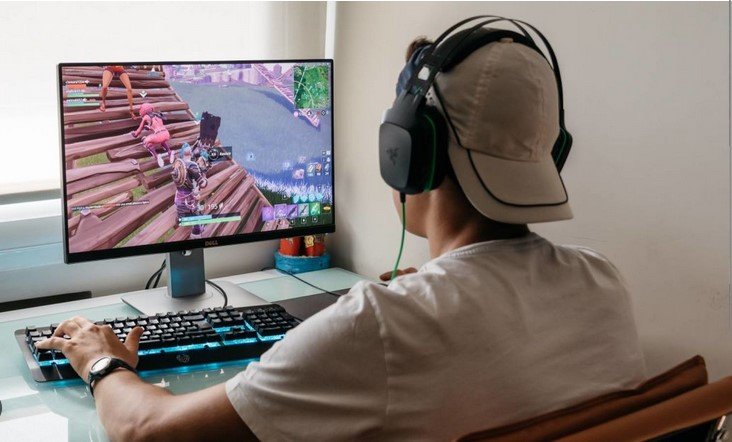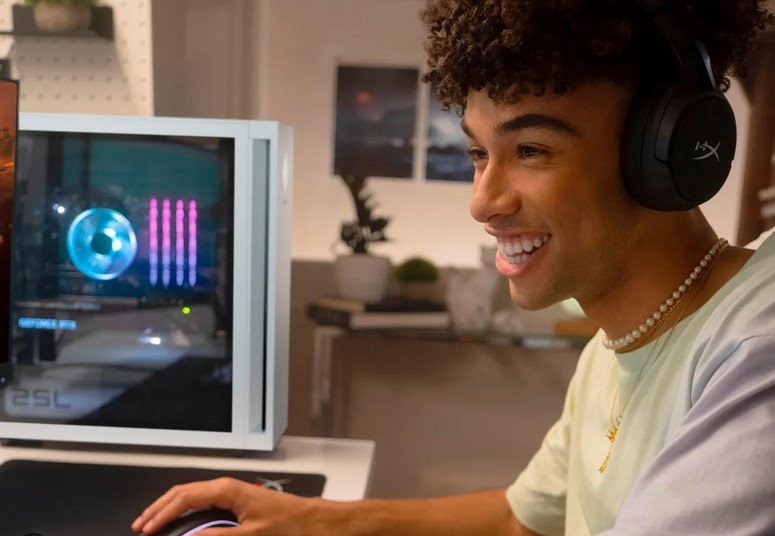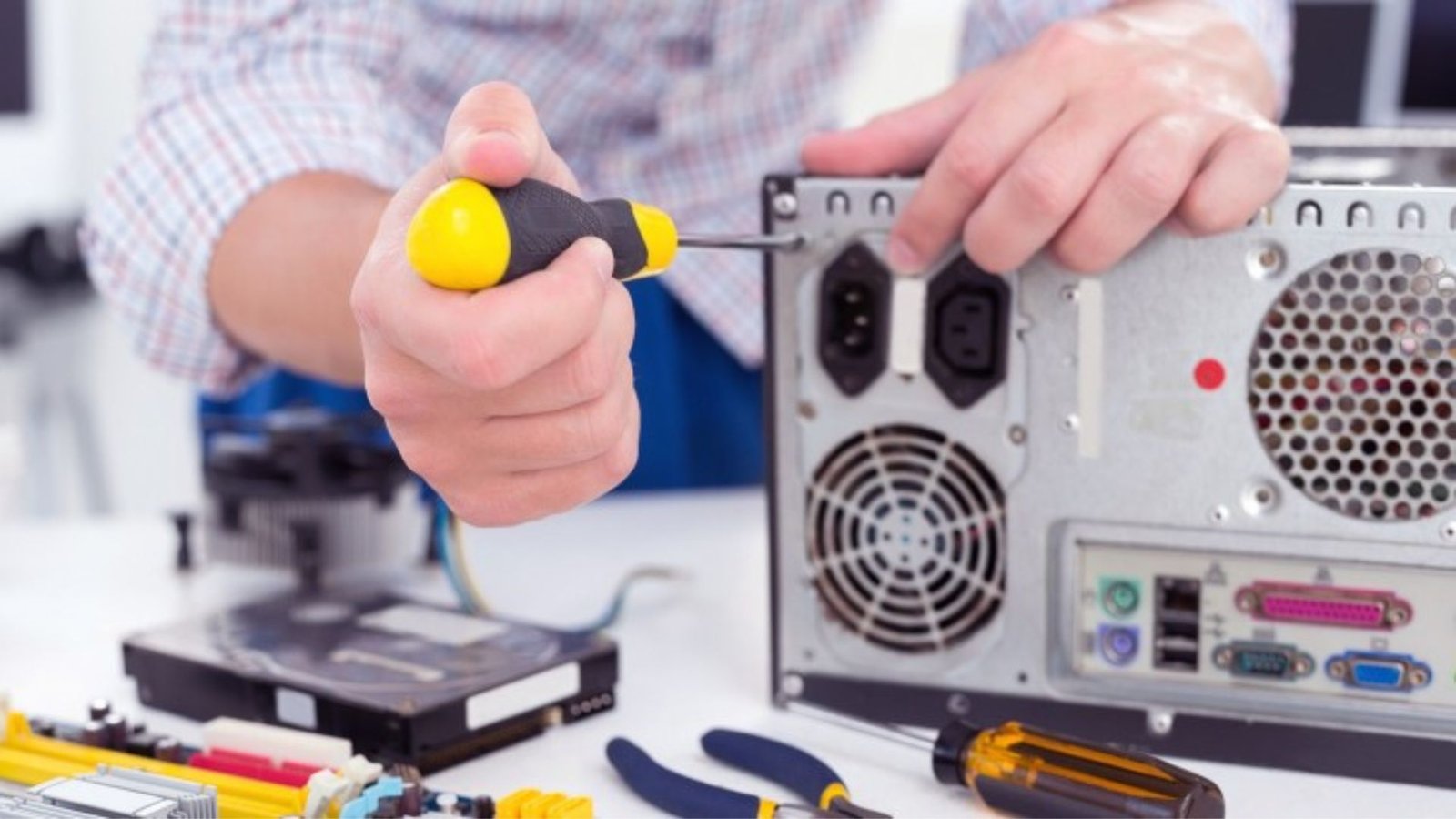Choosing the right personal computer for gaming involves several crucial considerations to ensure optimal performance, visual quality, and an enjoyable gaming experience. Gamers require powerful hardware and specific features to handle demanding games and deliver smooth gameplay. This guide will help you make an informed decision by focusing on key components, system requirements, and additional features.

Key Components for Gaming Performance
Choosing the right personal computer for gaming starts with selecting high-performance components that meet the demands of modern games.
- CPU (Central Processing Unit): The CPU is the brain of your gaming PC components , handling complex calculations and processing tasks. Look for a high-performance CPU with multiple cores and threads to manage gaming and multitasking efficiently. Popular choices include AMD Ryzen and Intel Core processors.
- GPU (Graphics Processing Unit): The GPU is critical for rendering graphics and ensuring smooth gameplay. A powerful GPU will enhance visual quality, support higher resolutions, and enable higher frame rates. Consider GPUs from NVIDIA GeForce or AMD Radeon series for top-tier performance.
- RAM (Random Access Memory): Adequate RAM is essential for running games and applications without lag. Aim for at least 16GB of RAM to handle modern games and multitask effectively. Faster RAM can also contribute to better performance.
- Storage: Fast and ample storage is necessary for quick game loading and system responsiveness. An SSD (Solid-State Drive) is preferred over an HDD (Hard Disk Drive) for faster data access and reduced load times. Consider a combination of SSD for your operating system and frequently played games, with an HDD for additional storage.
Evaluating System Requirements
Choosing the right personal computer for gaming requires ensuring that the system meets or exceeds the requirements of the games you intend to play.
- Game Specifications: Check the recommended system requirements for your favorite games, including CPU, GPU, RAM, and storage. Ensure that your PC exceeds these specifications for optimal performance.
- Future-Proofing: Consider future gaming needs by choosing components that will handle upcoming game releases. Investing in higher-spec hardware can extend the lifespan of your PC and accommodate future gaming advancements.
- Resolution and Refresh Rate: Match your PC’s capabilities with your monitor’s resolution and refresh rate. A high-resolution monitor (e.g., 1440p or 4K) and high refresh rate (e.g., 120Hz or 144Hz) require a powerful GPU to provide a smooth and immersive gaming experience.
Additional Features for an Enhanced Experience
Choosing the right personal computer for gaming also involves considering additional features that enhance your gaming setup.
- Cooling Solutions: Gaming PCs generate significant heat, so effective cooling is crucial. Look for systems with advanced cooling solutions, such as liquid cooling or high-performance air coolers, to maintain stable temperatures and prevent overheating.
- Connectivity: Ensure your PC has sufficient USB ports, audio jacks, and network connectivity options. High-speed Ethernet or Wi-Fi capabilities are essential for online gaming and reducing latency.
- Customization: Many gaming PCs offer customizable RGB lighting and aesthetic options. Personalizing your PC with LED lighting and unique designs can enhance the visual appeal of your gaming setup.
Conclusion
In conclusion, choosing the right personal computer for gaming involves selecting powerful components, evaluating system requirements, and considering additional features to enhance your gaming experience. By focusing on CPU, GPU, RAM, storage, and other key aspects, you can build or buy a gaming PC that delivers high performance and enjoyment. Invest in quality hardware and features to ensure your PC meets both current and future gaming demands.











